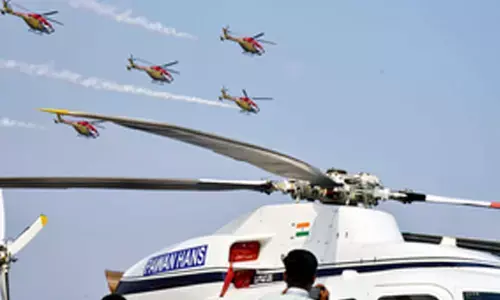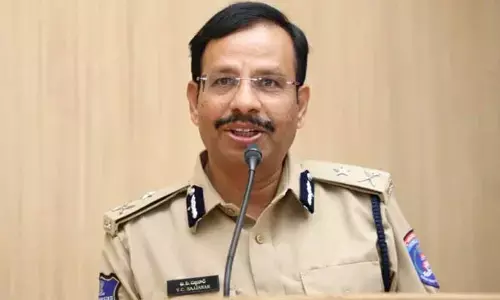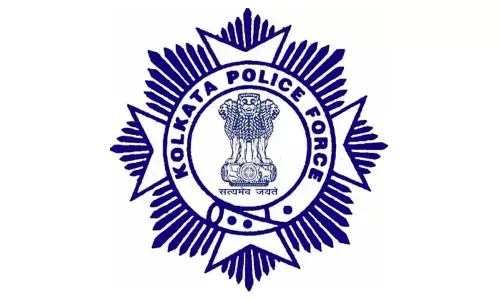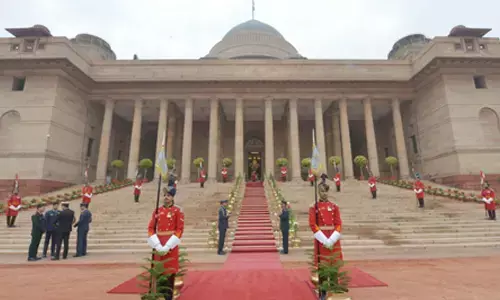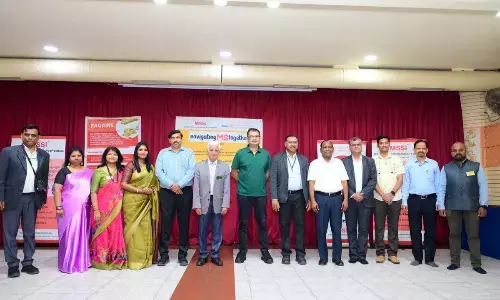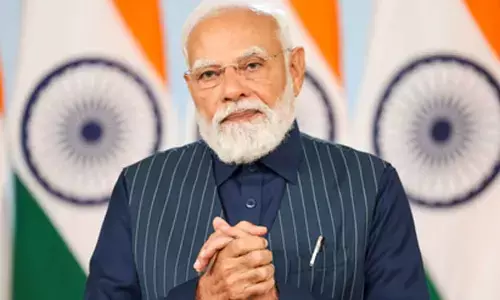Bengaluru stampede: When political considerations trump expert advice
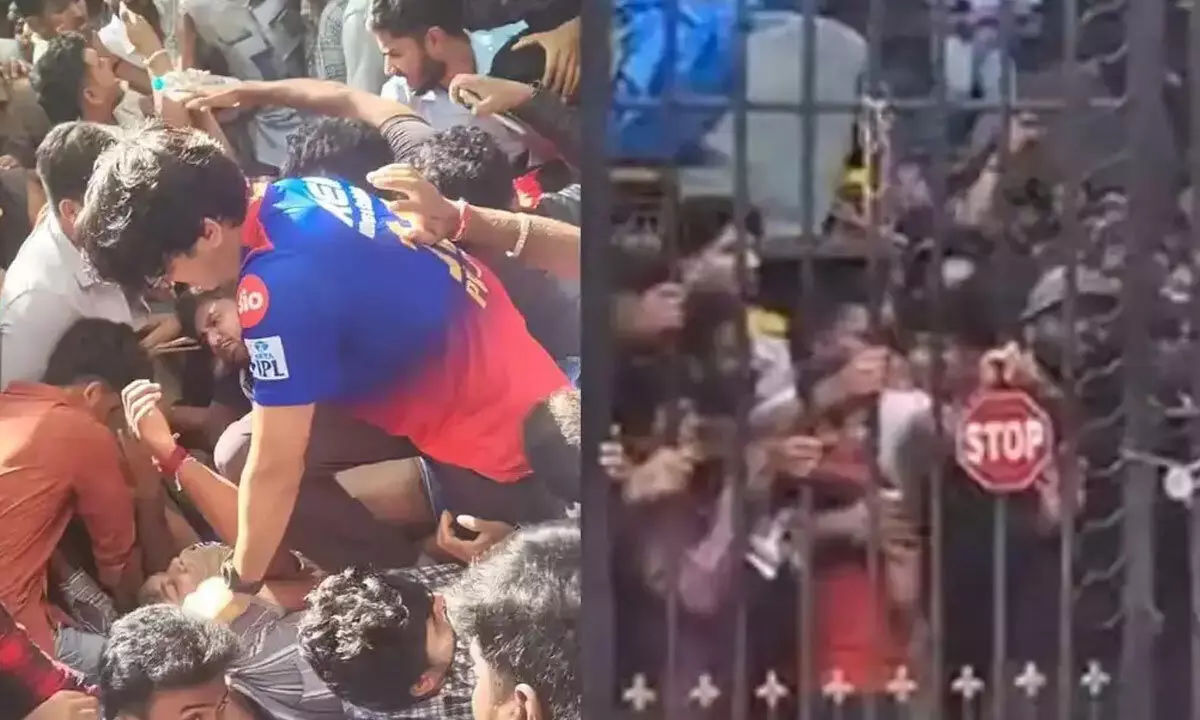
If the Bengaluru stampede, which killed 11 and wounded many more, was saddening, its aftermath is no less depressing. As in the wake of other stampedes, it is increasingly becoming politicised, with leaders trying to score brownie points rather than fix culpability and do something that precludes such mishaps in the future.
Fixing culpability may be difficult, because that may mean reaching very high in the state’s hierarchy. Evidently, Karnataka cops cannot be blamed for the tragedy. Senior police officer M N Karibasavana Gowda reportedly had pointed out the risks just before the event; in a note to top bureaucrats on June 4, the day of the mishap, he wrote that the felicitation at Vidhana Soudha may be risky. Yet, the permissions were still granted.
In the wake of the Bengaluru tragedy, Union Minister and former Karnataka chief minister H.D. Kumaraswamy raised pertinent questions: “Was such a slipshod felicitation necessary? Who pressured the Police Commissioner early that morning to grant permission?” The criticism underscores a broader issue: the decision-making processes behind public events often prioritise optics over safety.
Adding to the accusations, BJP MP and Union Minister Shobha Karandlaje directly blamed Chief Minister Siddaramaiah and Deputy CM D.K. Shivakumar, asserting, “They have blood on their hands. Now they’re trying to wipe it on police officers.” She also questioned the silence of Congress leaders K.C. Venugopal and Randeep Singh Surjewala.
While these are pointed criticisms, they must be taken in context. Political figures across party lines tend to claim credit when things go well but are quick to deflect blame when things go awry. This culture of evading accountability is deeply embedded in our political system.
Often, after such incidents, a commission is swiftly formed—ostensibly to investigate and recommend action. However, the underlying motive frequently appears to be the buying of time until public outrage diminishes, and the headlines move on.
It would be incorrect to suggest that nothing has been done in terms of policy formulation for managing large gatherings. India has a robust institutional framework in place: The National Disaster Management Authority (NDMA), State and District Disaster Management Authorities, the National Institute of Disaster Management, and the National Disaster Response Force. These organisations exist to create guidelines, conduct risk assessments, and provide expert intervention during emergencies.
An NDMA manual, ‘Managing Crowd at Events and Venues of Mass Gathering,’ of 2014 said, “A mere glance through the list of causes of crowd disasters suggests that most of them are manmade, which can be completely prevented with proactive and holistic planning and flawless execution. A thorough assessment of arrangements made at places of mass gathering against the above list of potential causes should dramatically reduce the chances of a disaster.”
However, institutions are only as effective as the seriousness with which their recommendations are implemented. Unfortunately, what we often witness is the sidelining of these expert bodies in favour of political considerations.
Crowd management is a science—it requires foresight, planning, and discipline. It also demands that decision-makers be held accountable when they ignore warnings. As citizens, we must insist on transparency, adherence to protocols, and a culture where human life is valued above political gains.
Until then, it will be difficult to avoid tragedies like the Bengaluru stampede. We will follow the same pattern: mourn, blame—and move on.








